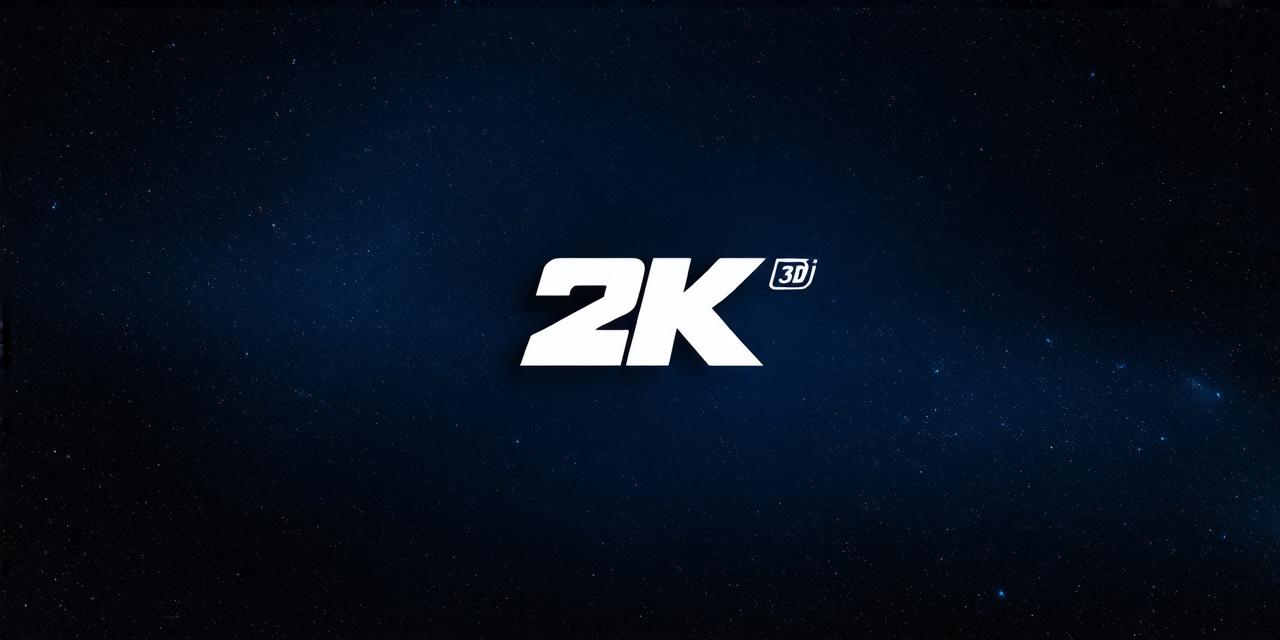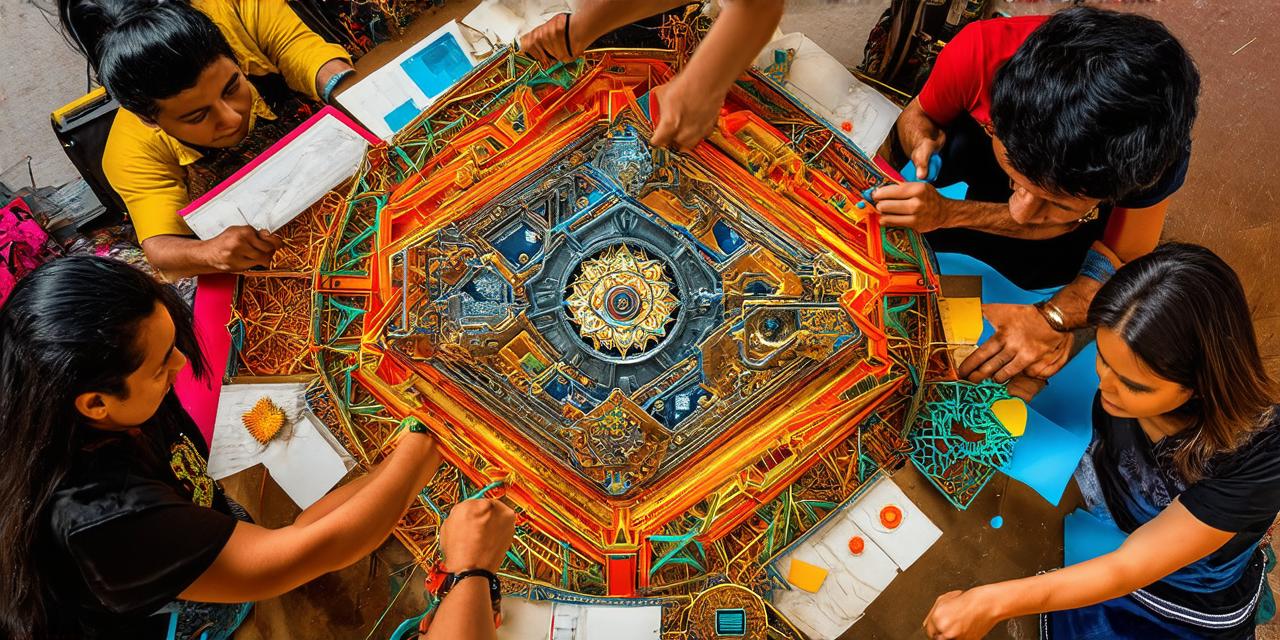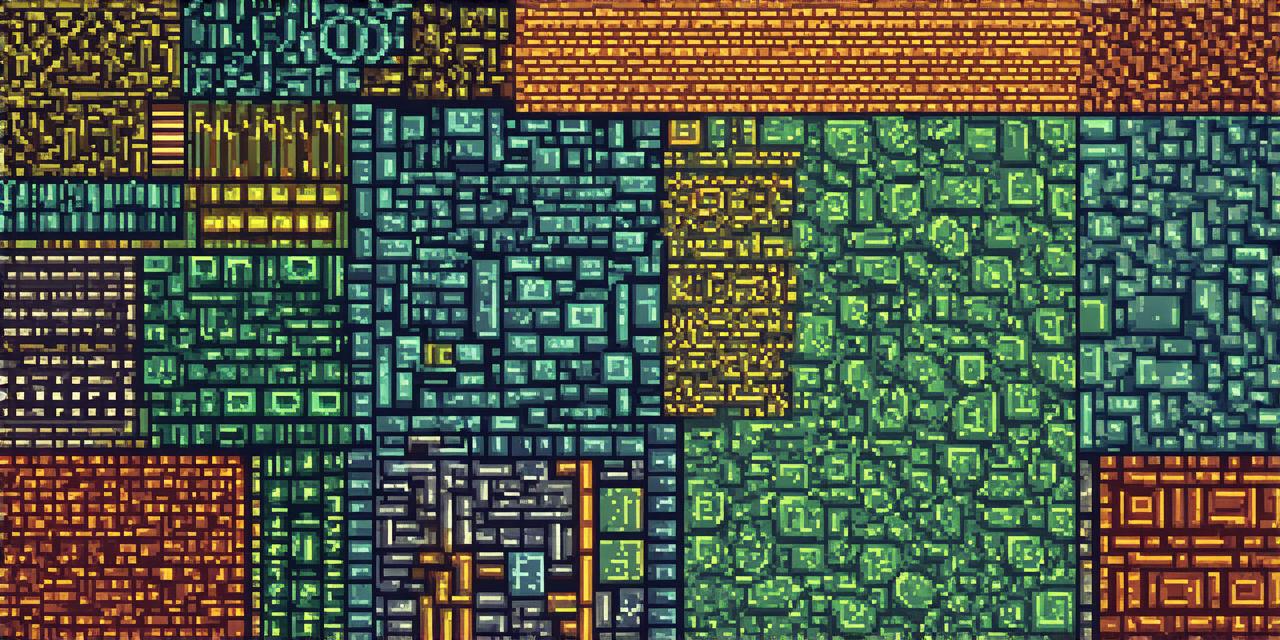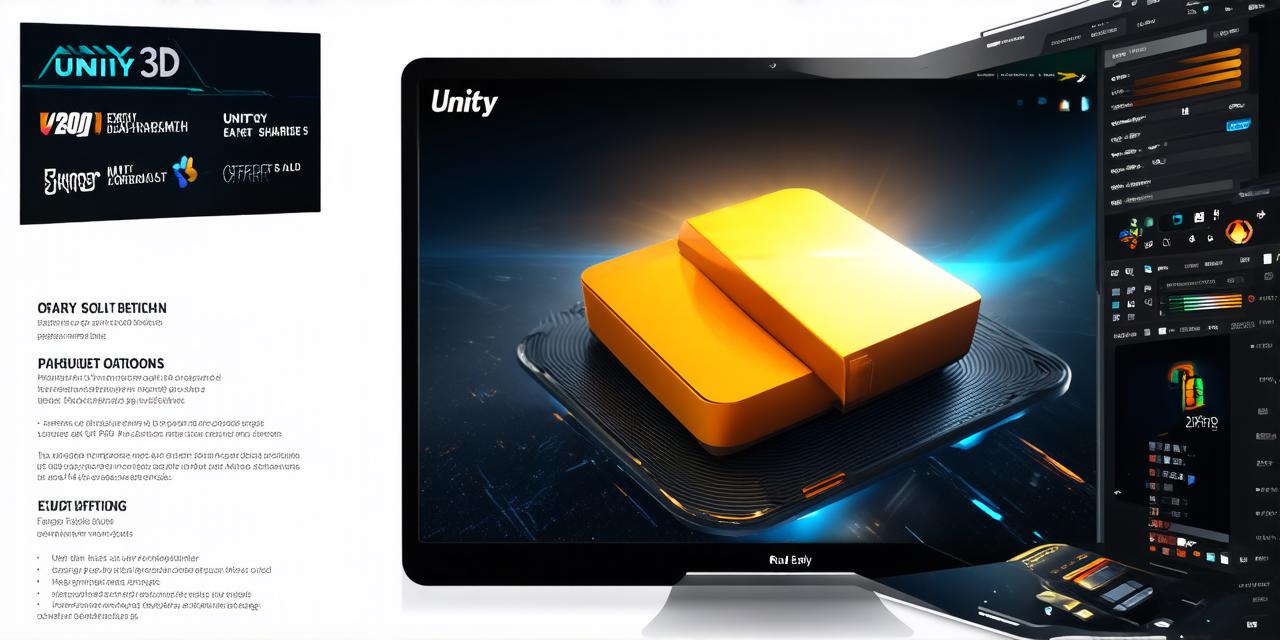When it comes to creating 3D applications, there are several game engines that you can choose from. However, one of the most popular and widely used engines is Unity.
Unity Advantages
1. User Friendly: Unity has a simple and intuitive interface that makes it easy to use for both beginners and experienced developers. It also offers a lot of documentation and tutorials to help users get started quickly.
2. Cross-Platform Compatibility: Unity supports multiple platforms, including Windows, Mac, Linux, iOS, Android, and more. This means that you can develop your 3D application once and deploy it on different devices without having to create separate versions for each platform.
3. Large Community Support: Unity has a large and active community of developers who contribute to its development and offer support through forums, social media, and other channels. This makes it easier to find help when you need it.

4. Wide Range of Assets: Unity offers a wide range of assets, including 3D models, textures, animations, and more. These assets can save you a lot of time and effort in creating your own content from scratch.
Unity Disadvantages
1. Performance Issues: While Unity is a powerful engine, it can sometimes struggle with high-end graphics and complex physics simulations. This can result in slower performance and longer load times.
2. Limited Scripting Capabilities: Unity’s scripting language, C, can be difficult for some developers to learn. Additionally, the language has some limitations when it comes to advanced scripting techniques.
3. Steep Learning Curve: While Unity is user-friendly, there is still a steep learning curve for more advanced features and techniques. This can make it challenging for beginners to get started with the engine.
Alternatives to Unity
There are several alternatives to Unity available, each with its own advantages and disadvantages. Some popular options include:
- Unreal Engine: Unreal Engine is a powerful and feature-rich game engine that offers better performance and graphics than Unity. However, it also has a steeper learning curve and requires more resources to run.
- Blender: Blender is a free and open-source 3D creation software that can be used for both 3D modeling and animation. While it doesn’t have the same level of support and assets as Unity, it offers more flexibility and control over your project.
- CryEngine: CryEngine is another popular game engine that offers high-performance graphics and advanced physics simulations. However, it also has a steep learning curve and requires more resources to run.
Conclusion
In conclusion, Unity is a powerful and user-friendly game engine that offers cross-platform compatibility and a large community of support. However, it does have some limitations when it comes to performance and scripting capabilities. Ultimately, the best choice for your 3D application will depend on your specific needs and requirements. If you’re looking for high-performance graphics and advanced physics simulations, Unreal Engine may be a better option. If you need more flexibility and control over your project, Blender or CryEngine may be worth considering.




